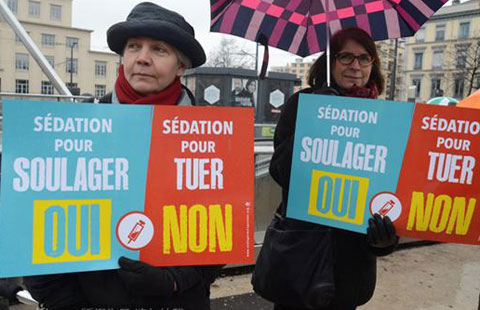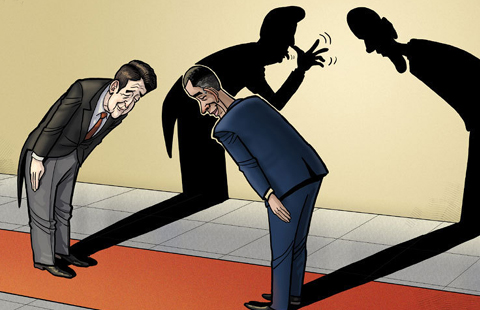自杀收益 (zisha shouyi): Suicide benefits
(China Daily) Updated: 2015-01-26 08:41The number of suicides among government officials has been on the rise in recent years. It is calculated that about 30 percent of such suicides are related to corruption. Considering such cases are scandals that go against the interests of their families and the departments they work in, more cases are probably being covered up.
In contrast, the number of corrupt officials sentenced to death has remarkably dropped in recent years.
The question is why did they still choose suicide? From an economic perspective, the choice is rational because the benefits exceed the costs. The suicide of a corrupt official may protect other corrupt officials, usually the senior ones, in a corruption chain, because the investigation may stop because of the suspect's death. Moreover, in this way the corrupt officials are probably able to protect part of their assets for their families. This phenomenon should prompt us to improve the anti-corruption work and plug the loopholes of the system.











